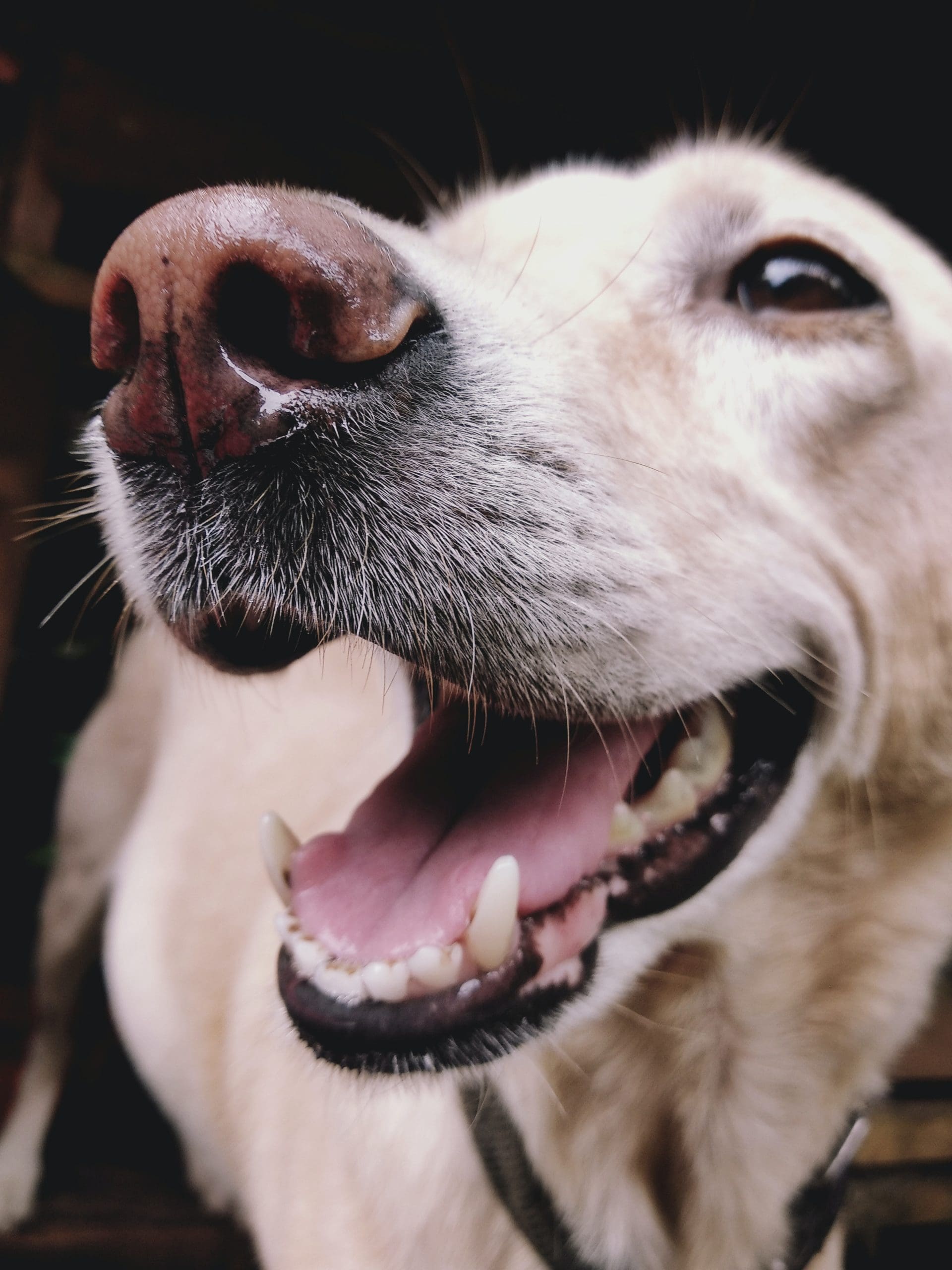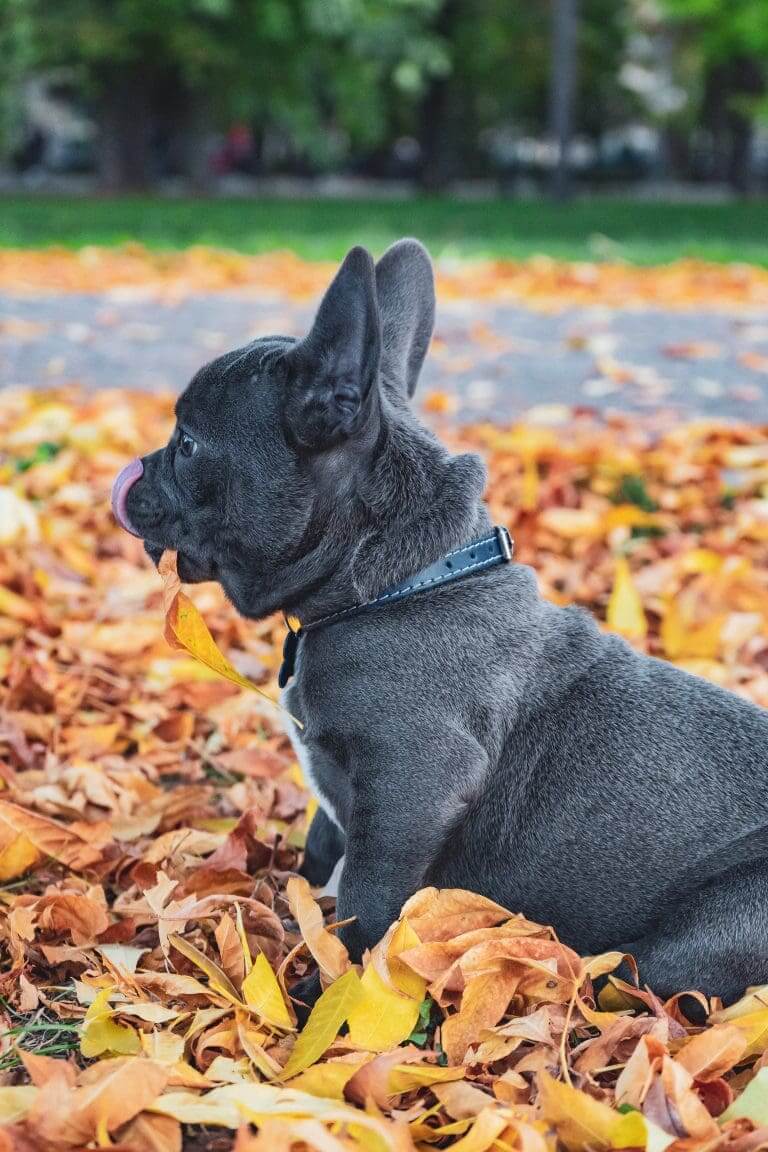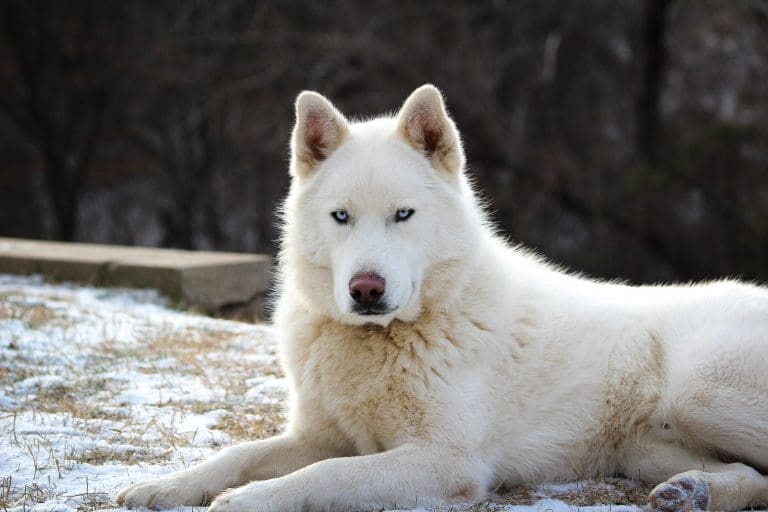What Do Dog Hiccups Look Like?
Post Date:
December 10, 2024
(Date Last Modified: December 13, 2024)
Hiccups can be an intriguing phenomenon in dogs, evoking curiosity among pet owners. If you’ve ever seen your dog hiccupping, you may have wondered what was happening. Are they in distress? Should you be concerned? Recognizing what dog hiccups look like and their possible causes can help ease any worries about your pet’s health.
The Mechanics of Hiccups
When a dog hiccups, it involves an involuntary contraction of the diaphragm followed by a quick closure of the vocal cords, producing the familiar “hic” sound. This can occur unexpectedly at any moment. The physical signs of hiccups can differ between breeds and individual dogs. Some may show a gentle, rhythmic movement in their chest, while others might bounce slightly. The sound can range from soft to loud, varying with the dog’s size and breed.
You may notice your dog looking puzzled or startled when the hiccups strike, with their head jerking slightly in response to each contraction. This reaction is entirely normal and usually indicates no distress. Most dogs will continue their regular activities, occasionally pausing in confusion, which can be amusing to watch.
When Hiccups Are Harmless
Generally, dog hiccups are harmless, but they can sometimes signal underlying issues. If your dog experiences frequent or prolonged hiccups, consulting a veterinarian might be wise. Most of the time, hiccups are simply a natural occurrence, similar to humans. Dogs can hiccup due to various reasons, including excitement, anxiety, or eating too quickly. Puppies, in particular, are prone to hiccups due to their playful nature.
Common Triggers of Hiccups
One common cause of hiccups is eating too fast. When dogs gulp down their food, they may swallow air along with it, leading to hiccups as the body tries to expel the excess air. If your dog tends to eat quickly, consider a slow feeder bowl to reduce their eating speed and potentially minimize hiccup occurrences.
Excitement is another frequent trigger. During playful or stimulating moments, you might notice your dog hiccupping. This often reflects their enthusiasm. Hiccups can also occur during stressful situations, as the body reacts to heightened emotions. If your dog hiccups in response to stress, creating a calming environment can help alleviate their anxiety.
Observing Your Dog’s Behavior
Monitoring your dog’s behavior during hiccup episodes can provide clues about their emotional state. If they seem relaxed and continue to play, the hiccups are likely harmless. However, if your dog appears distressed or restless, it’s essential to keep a close eye on them. Any changes in behavior, appetite, or energy levels, especially alongside hiccups, may warrant a veterinary evaluation.
Health Concerns Related to Hiccups
In rare cases, hiccups might be linked to health issues, such as gastrointestinal problems or respiratory conditions. If your dog has persistent hiccups that last for an extended period or are accompanied by concerning symptoms like vomiting, coughing, or lethargy, seeking professional advice is crucial. A veterinarian can perform a thorough examination to determine if any underlying health issues need attention.
Managing Hiccups
Hiccups in dogs are often temporary, lasting only a few minutes before your dog returns to normal behavior. During this time, you might see your dog pause mid-play or tilt their head in response to the contractions, leading to some humorous moments as they react to their own hiccups.
While hiccups themselves usually aren’t a cause for concern, pay attention to their frequency and duration. If your dog occasionally hiccups and returns to normal activity without distress, there’s typically no need for alarm. Keeping a record of hiccup episodes can help identify patterns and triggers, providing valuable information for your veterinarian if needed.
Soothing Your Dog During Hiccups
Knowing how to soothe your pet during hiccups can be helpful. Gently massaging your dog’s throat or abdomen can alleviate the hiccups. Offering water or a small treat might encourage them to swallow, potentially resetting their diaphragm and stopping the hiccuping. Creating a calm environment is especially beneficial for dogs prone to hiccups due to anxiety.
Embracing the Quirks of Canine Behavior
Hiccups are a common occurrence that most pet owners will witness at some point. They can add a touch of humor to canine behavior, often bringing smiles as we watch our dogs react in confusion. Whether it’s a playful puppy or an older dog relaxing on the couch, hiccups remind us of the unique ways our furry friends navigate their world.
If you have any questions or concerns about your dog’s hiccups, don’t hesitate to reach out to your veterinarian for personalized advice. Our dogs rely on us for care and understanding their needs is essential to being a responsible pet owner.
Next time your dog hiccups, take a moment to enjoy the sight and sound. It’s just one of the many charming behaviors that make our pets so lovable.






